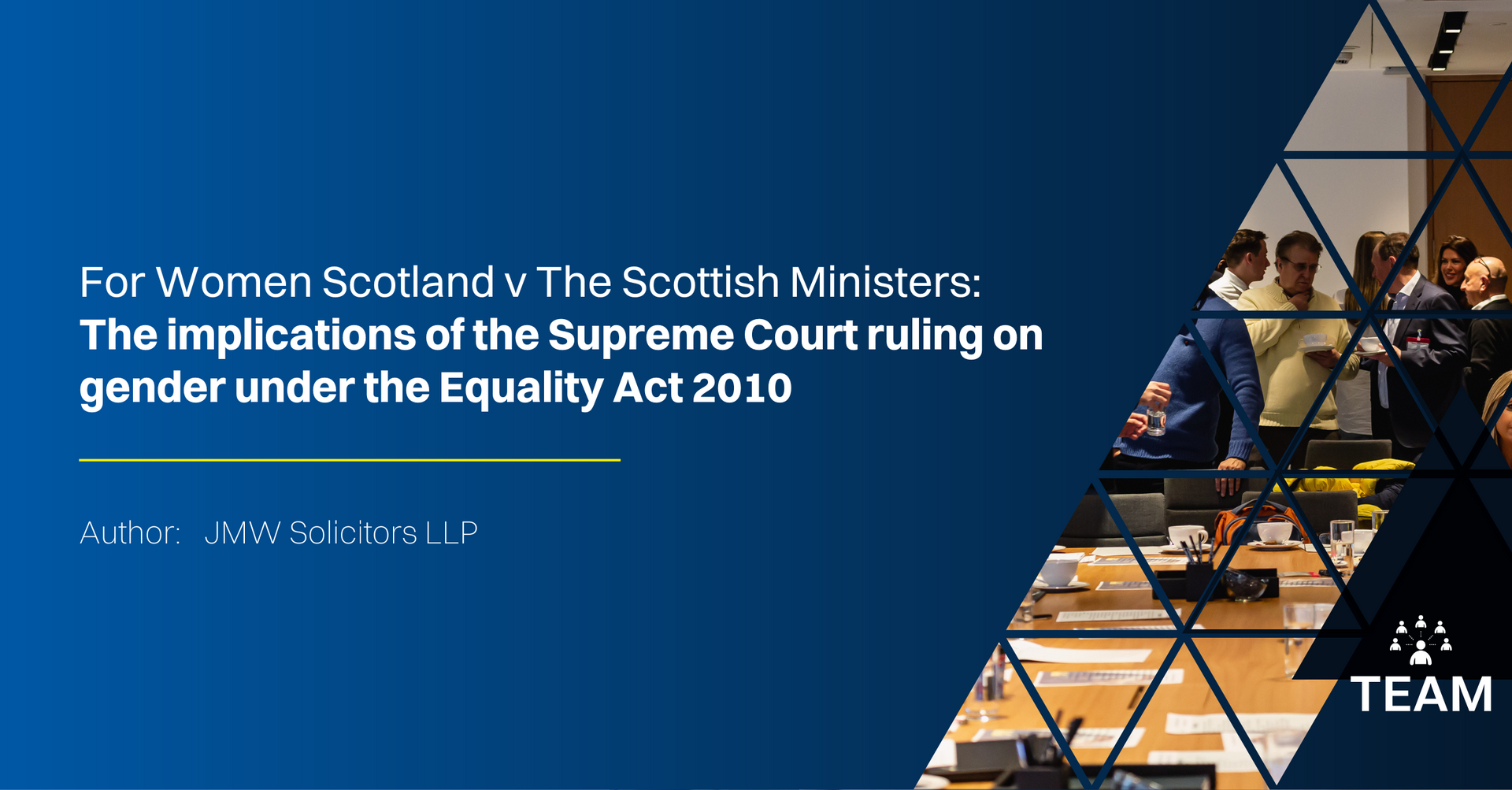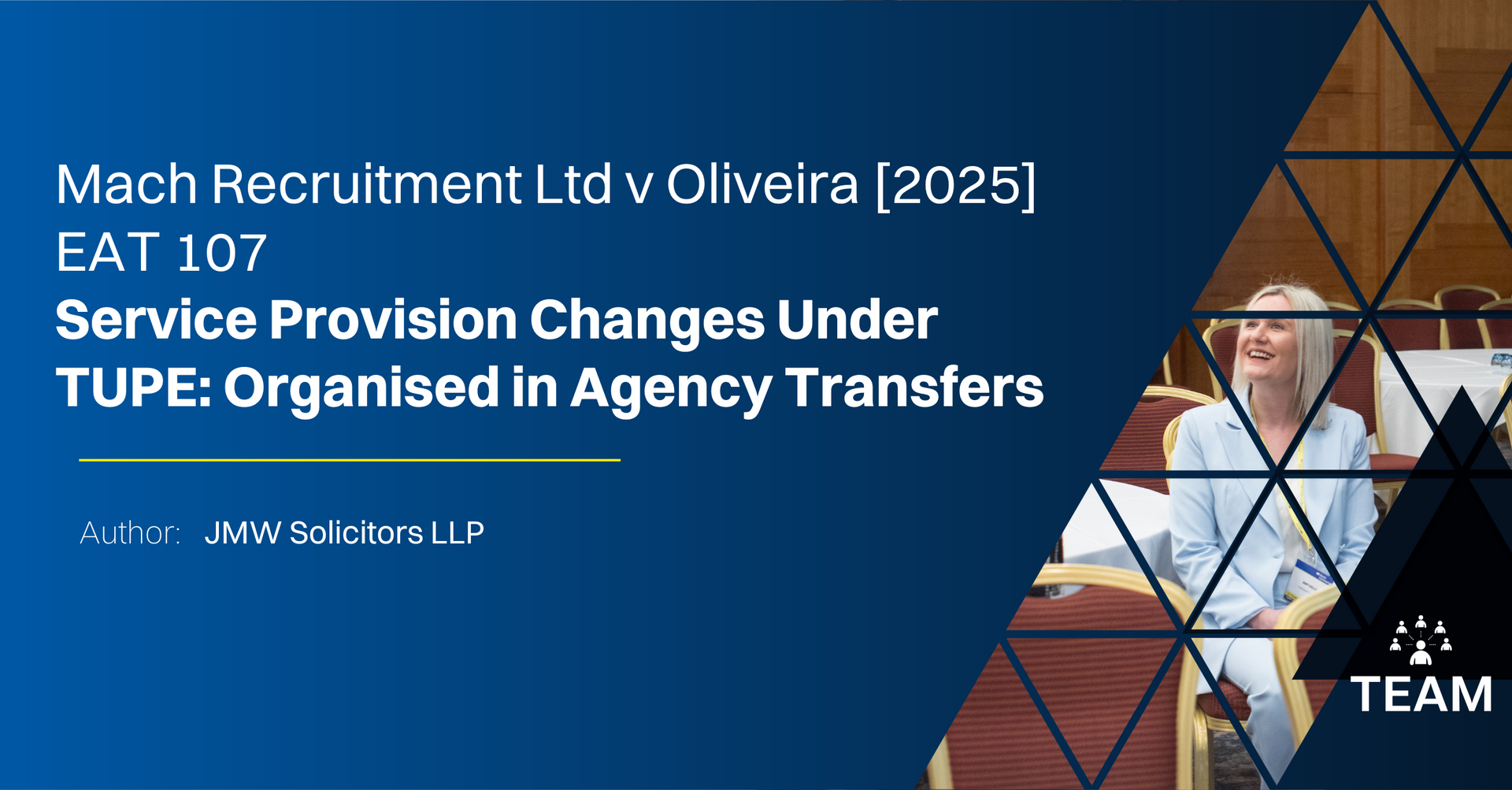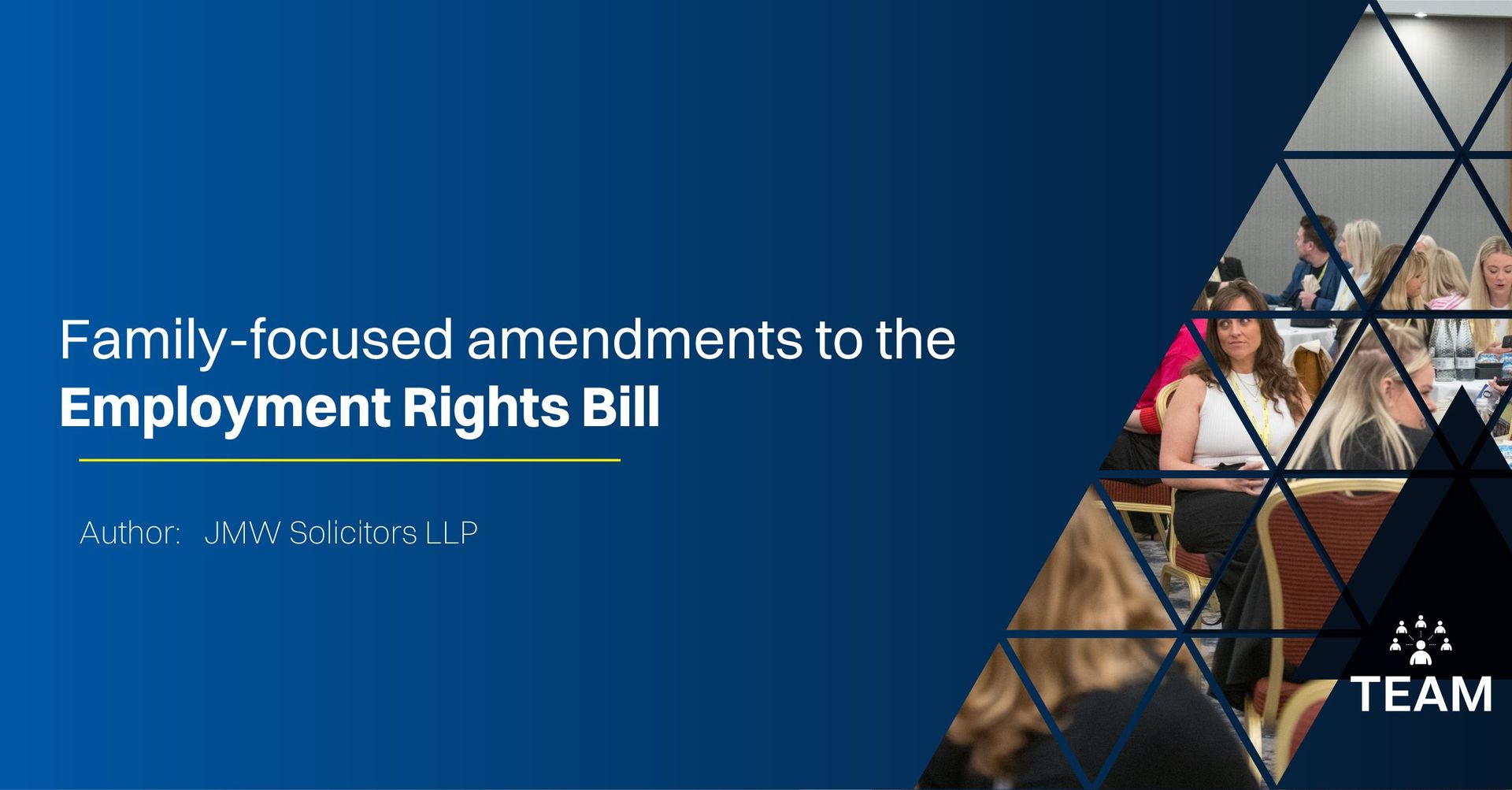As a recruitment professional, you're in the business of connecting the right people with the right opportunities—a job that's both rewarding, challenging and not without risks. With this important role comes the need to protect yourself and your business from the unexpected, especially in today's complex and litigious business environment. Recruiter insurance is not just a legal requirement in many instances but also critical for safeguarding your business, reputation, and financial stability.
Marsh Commercial has a team of recruitment insurance specialists who work with micro-SME recruiters through to larger clients with more complex requirements. A quote and buy facility is available for members who wish to self-serve and there’s a team only a phone call away for those requiring a more advised sale - 0161 245 1220.
What is recruiter insurance, and why do you need it?
Recruiter insurance typically includes several types of cover tailored to the needs of recruitment agencies and individual recruiters. The types of roles or industries that you place into and the countries that you supply staff to can all have an impact on your business risk. The most common insurance products are professional indemnity (PI), public liability (PL), and employers liability insurance (EL).
Professional Indemnity Insurance
Also known as professional liability insurance, protects you against claims made by clients for professional negligence, errors, or omissions. Even a minor mistake in candidate placement or employment advice can lead to significant financial losses or reputational damage in the recruitment industry. Additionally, you may be accepting liability under contract for the actions of the temporary workers that you supply. You might also have contracts where the law governing the contract is US or Canadian Law, which would have different implications than claims arising under UK Law. PI insurance covers the legal costs and any compensation you might be required to pay, ensuring your business remains financially viable.
Public liability Insurance
As a recruiter, you might interact with clients, candidates, or members of the public at your office or their premises. PL insurance covers you if someone is injured or their property is damaged because of your business activities. Our Recruitment Scheme policy can also extend to include temporary workers and temporary candidates placed outside of the UK – although you will need to discuss your requirements with us as some restrictions may apply.
While such incidents may seem unlikely, having this cover ensures you won't have to bear the financial burden if something goes wrong.
Employers liability insurance
In most cases, is legally required if you employ staff. It covers you if an employee is injured, dies or contracts a disease caused by a negligent act of the employer, for which you would become legally liable. Failing to have this insurance can lead to hefty fines, so it's crucial to ensure you comply with the law.
Additional insurance to consider
While the basic insurance covers are essential, other products can provide additional protection for your business:
Driver's negligence insurance
If your business involves placing temporary drivers, this insurance covers damage to vehicles caused by the driver's negligence. This is particularly important if your clients expect you to take responsibility for any incidents while a driver is on assignment.
Personal accident insurance
This cover provides financial support if you or your employees suffer from an accident that leads to injury or death. It's a critical consideration for businesses where staff may travel or work in potentially hazardous environments.
Cyber insurance
In today's digital world, cyberattack risk is ever-present. Cyber insurance protects your business against the financial impact of data breaches, cyberattacks, funds transfer fraud and other digital threats. This is especially important for recruitment agencies that handle sensitive client and candidate information or frequent invoices.
Legal requirements and compliance.
Certain types of insurance are legally required. We've mentioned that employers liability insurance is compulsory for any business with employees. Additionally, contracts with clients often stipulate that you must have professional indemnity insurance in place. Without these insurances, you are at risk of financial loss, and you may also face legal penalties and potentially lose contracts.
Building trust with clients and candidates
Having the right insurance isn't just about protecting yourself; it's also about showing your clients and candidates that you're a responsible business. In a competitive industry like recruitment, that extra layer of trust can set you apart from the crowd.
For members of The TEAM Network, securing comprehensive recruiter insurance is a fundamental step in protecting your business, your clients and your candidates. Whether you're a small agency or a large recruitment firm, the right insurance ensures compliance with legal requirements. By investing in the right cover, you can confidently operate, knowing you have protection in place against potential legal and financial challenges.
Get in touch with a recruitment insurance expert today
If you need specialist advice or an insurance quote, the recruitment specialist team at Marsh Commercial is here to help. Call them on 0161 245 1220 or email Su.Haddrell@marshcommercial.co.uk.
If you are looking for instant cover,
visit the quote and buy platform, ideal for businesses with a turnover of less than £5 million.












